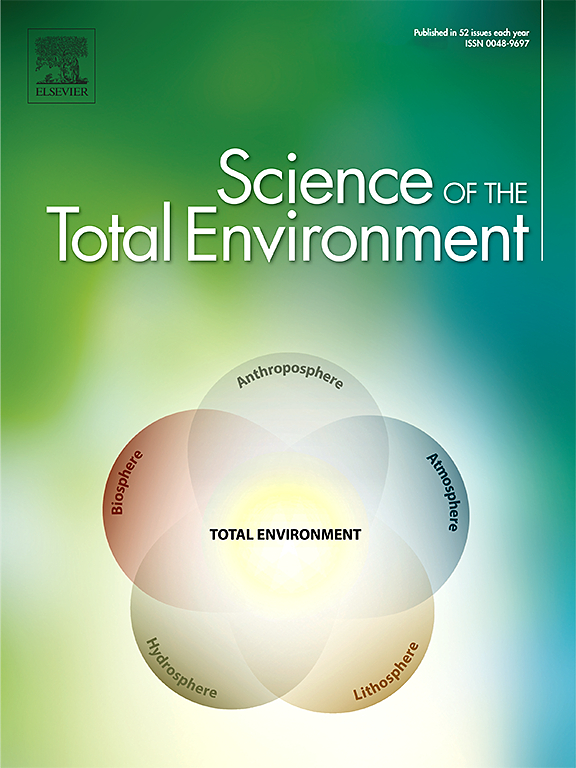食用菌对改善人类健康、食品安全和环境可持续性的重要作用
IF 8
1区 环境科学与生态学
Q1 ENVIRONMENTAL SCIENCES
引用次数: 0
摘要
食用菌作为一种可持续的、营养丰富的食物来源正得到越来越多的认可。它们已成为一种超级营养食品,在促进全球粮食安全、营养安全和环境可持续性方面发挥着重要作用。这篇综述严格审查了em的多方面益处,强调了它们丰富的营养成分,包括蛋白质、维生素、矿物质和生物活性化合物,如多糖和抗氧化剂。这些成分有助于疾病预防、免疫支持和整体健康,使蘑菇成为一种有价值的饮食添加物。从粮食安全的角度来看,蘑菇提供了一个可持续的解决方案,因为它们可以在农业废弃物上种植,需要的资源最少,对环境的影响也很低。它们的生产通过将有机废物回收为有营养的食物来支持循环经济(Grimm等人,2018)。在环境方面,蘑菇通过生物修复、土壤富集和碳封存促进可持续发展。尽管它们具有潜力,但消费者意识有限、物种多样性利用不足以及可扩展性问题等挑战仍然存在。本综述强调需要加强研究、政策支持和公众教育,将新兴市场纳入全球粮食系统。本文章由计算机程序翻译,如有差异,请以英文原文为准。

Edible mushrooms for improved human health, food security and environmental sustainability: A critical review
Edible mushrooms (EMs) are gaining recognition as a sustainable and nutrient-dense food source. They have emerged as a super nutritious food item with remarkable role in promotion of global food security, nutritional security, and environmental sustainability. This review critically examines the multifaceted benefits of EMs, highlighting their rich nutritional profile, which includes proteins, vitamins, minerals, and bioactive compounds such as polysaccharides and antioxidants. These components contribute to disease prevention, immune support, and overall well-being, making mushrooms a valuable dietary addition. From a food security perspective, mushrooms offer a sustainable solution, as they can be cultivated on agricultural waste, require minimal resources, and have a low environmental footprint. Their production supports circular economies by recycling organic waste into nutritious food (Grimm et al., 2018). Environmentally, mushrooms contribute to sustainability through bioremediation, soil enrichment, and carbon sequestration. Despite their potential, challenges such as limited consumer awareness, underutilization of diverse species, and scalability issues persist. This review underscores the need for increased research, policy support, and public education to integrate EMs into global food systems.
求助全文
通过发布文献求助,成功后即可免费获取论文全文。
去求助
来源期刊

Science of the Total Environment
环境科学-环境科学
CiteScore
17.60
自引率
10.20%
发文量
8726
审稿时长
2.4 months
期刊介绍:
The Science of the Total Environment is an international journal dedicated to scientific research on the environment and its interaction with humanity. It covers a wide range of disciplines and seeks to publish innovative, hypothesis-driven, and impactful research that explores the entire environment, including the atmosphere, lithosphere, hydrosphere, biosphere, and anthroposphere.
The journal's updated Aims & Scope emphasizes the importance of interdisciplinary environmental research with broad impact. Priority is given to studies that advance fundamental understanding and explore the interconnectedness of multiple environmental spheres. Field studies are preferred, while laboratory experiments must demonstrate significant methodological advancements or mechanistic insights with direct relevance to the environment.
 求助内容:
求助内容: 应助结果提醒方式:
应助结果提醒方式:


